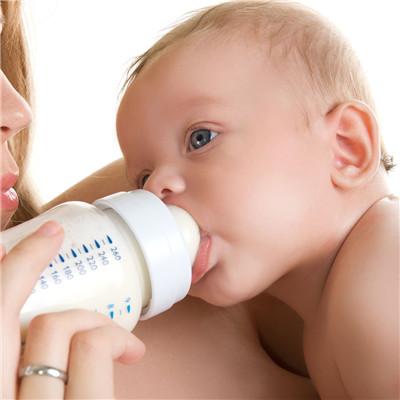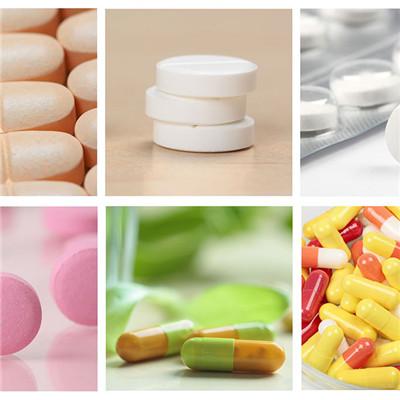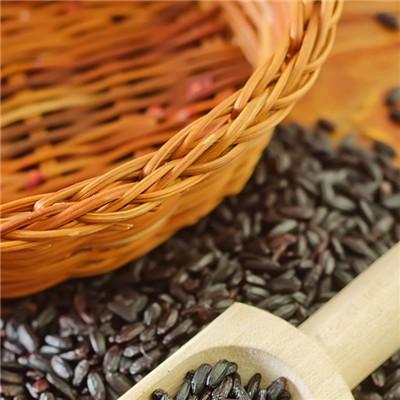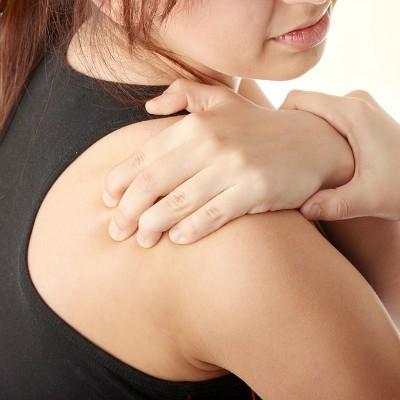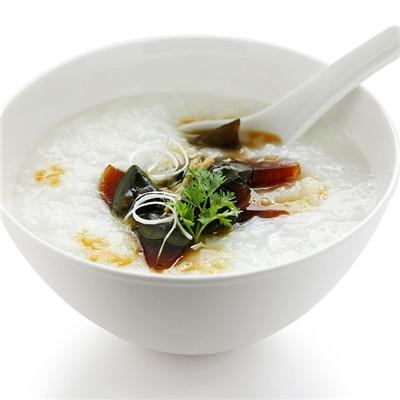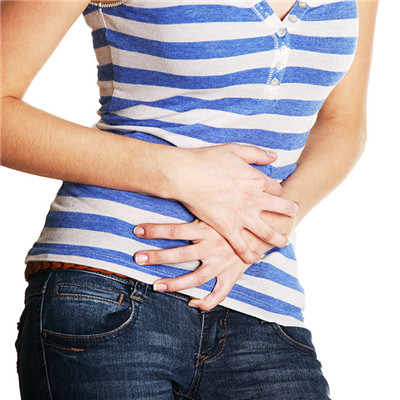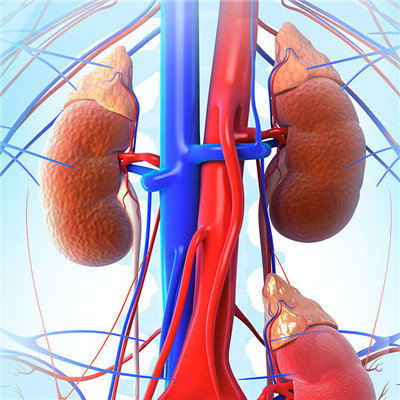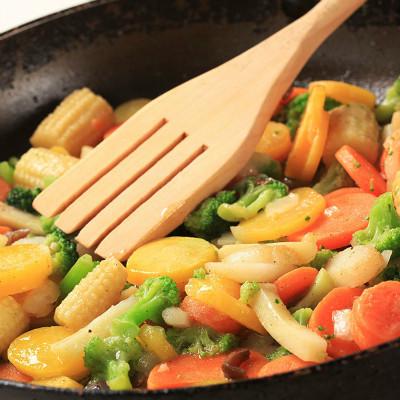Principles of diet for kidney disease
summary
In clinical medicine, diet conditioning is an important method to treat diseases. In order to make patients fully recovered, diet conditioning combined with drug therapy also plays an important role. When using diet conditioning, it is not necessary to exclude other treatments, but some diseases had better give priority to diet conditioning. In fact, after long-term observation of some diseases, the implementation of diet conditioning has received ideal results.
Principles of diet for kidney disease
First of all, the principles of conditioning: 1, symptomatic proteinuria or hematuria, or all kinds of kidney disease recovery period, do not need to deliberately limit diet, just reduce the amount of protein or salt intake can, basically according to the ordinary diet. 2. For those with edema and retention, water and salt should be restricted. Especially those with heart failure and severe hypertension, they should eat * with low salt and salt free diet, and then eat after recovery. In special cases, the salt intake should be determined according to the blood sodium level. 3. The intake of protein should be high quality protein. The intake of protein should be determined according to the patient's condition. The patients with renal insufficiency should be strictly limited and the protein should be taken according to the prescribed amount. 4. Those with hyperkalemia or tendency should strictly limit the intake of food containing potassium. 5. Special patients should be treated according to special requirements.
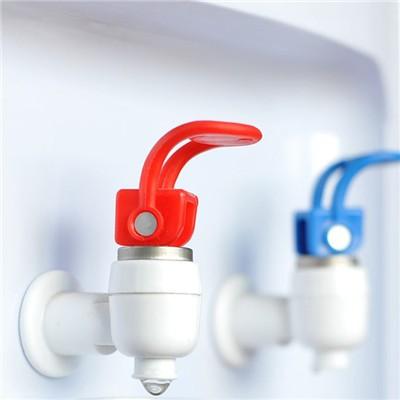
Secondly, the cooking principles of diet: 1. Make more use of the original flavor of materials and food itself, choose seasonal fresh materials, and make more use of the original flavor of materials. Whether it's fish, vegetables or fruits, they are all fresh in this season. They are cooked the same way but taste different. 2. It can be used as vinegar to make salad. If the material is fresh, it will be very delicious even with less salt. Add some lemon, grapefruit, orange and orange juice to the dishes, which will make the dishes more delicious. 3. The use of spices seasoning, you can add some curry powder, pepper, ginger, mustard, pepper, etc. in addition to making the dishes more delicious, but also can increase the atmosphere on the table.
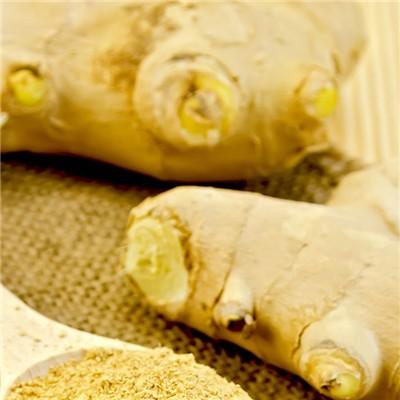
Finally, the diet principle of nephrotic patients is "five more and five less". First, eating vegetable oil is better than eating animal oil. Second, eating fresh food is better than eating pickled food. Third, eating high-quality animal protein is better than vegetable protein. Fourth, eating a variety of staple food is better than eating a single staple food. Fifth, eating steamed food is better than eating barbecue and fried food. Patients with chronic nephritis have symptoms of hypertension and anemia. Fat can aggravate arteriosclerosis and resist hematopoietic function, so patients should not eat too much. It can be replaced by vegetable oil. 60 grams per day. 2、 You can't eat a high salt diet. There is a great relationship between edema and blood volume, sodium in patients with nephropathy. Excessive salt will aggravate the symptoms of edema. Cause blood volume to increase, cause heart failure, less than 2-4 grams per day. 3、 Limit high purine and high nitrogen food, eat less or no spinach, celery, radish, beans and products. Sardine and chicken soup, fish soup, broth and so on four, avoid strong stimulant condiments, such as pepper, mustard, pepper and so on, kidney function is unfavorable, should not eat MSG. Five, limiting the intake of plant protein should be determined according to the kidney function. Less urine is needed for less than 20 - 40 grams per day for oliguria, edema, hypertension and nitrogen retention. Soybean and mung bean, mung bean, soybean milk, tofu * and so on are not suitable for use. At the same time, limit the amount of liquid, less than 1000-1500 ml per day. (including the water content of drinks and dishes), if the edema is serious, the water intake should be strictly limited.
matters needing attention
1. Patients in the diet should avoid hard food and fried food, for patients with kidney disease, should pay more attention to the diet, prohibit eating some hard food, such as sesame cake sugar, fried dough nest, etc., in the diet should be suspicious of pasta, because many patients with kidney disease, due to kidney disease will lead to gastrointestinal digestion problems, if improper diet is easy to cause Life is in danger. 2. Patients should be cautious when eating meat. Patients should be cautious when eating meat. Although most patients are lack of protein, and meat is the best food to supplement protein, they should be cautious when eating meat. It is forbidden to eat beef, mutton and dog meat. The protein content in these meat is relatively low. For patients with severe disease, if they eat improperly, it is easy to cause serious consequences 3. Patients should be light diet, avoid spicy food. For patients with kidney disease, in the diet should be as light as possible, eat less or do not eat stimulating food, because these stimulating food will not only add to the burden of the kidney, but also lead to gastric intima vascular bleeding.
